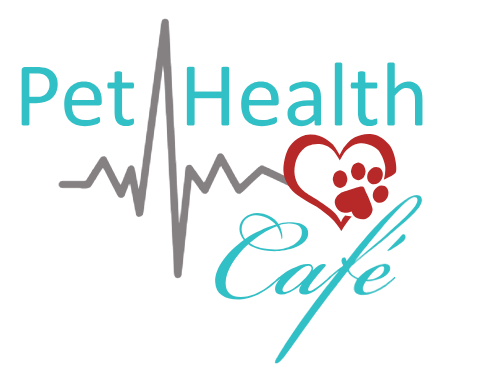We are constantly asked by our clients for reasons why their well-cared pets suddenly get sick with vomiting and diarrhea being primary symptoms. Through our years of both practical and clinical experience and our extensive research, many of these episodes of illness have a core cause to be toxins. Ourselves and our pets are exposed to 100’s to 1000’s of chemicals daily. Most destroy the body at a cellular level. Since many enter the body through respiration and the digestive tracts, hence the vomiting and diarrhea. The foods we ingest are the vehicles for eliminating these poisons.
Today we’re faced with a chemical that is suddenly pervasive in our foods and environment. Surely, you have recently seen it in the news. It’s called glyphosate, an active ingredient in the herbicide Roundup as well as other brands. While used as a weed killer, it is patented as an antibiotic and when broken down, the word antibiotic means "anti-life." Unfortunately, glyphosate is being detected in blood, breast milk and urine samples, as well as numerous foods such as oatmeal, bagels, coffee creamer, organic bread and honey.

The body is designed to naturally fight pathogens and to eliminate toxins as it should but research shows numerous chemicals, specifically glyphosate causes a disruption of these naturally protective mechanisms of the body. These chemical antibiotics added into the foods and our environment are killing the natural flora in the gut and the intestinal tract that breaks down foods into basic nutrients for use in the body. If this natural digestion process is altered by the glyphosate or any other synthetic drug, the process is changed. Now the body is imbalanced and not functioning naturally.
Studies linking glyphosate to antibiotic resistance as well as causing harm to soil fungi are the latest nails in the coffin for Roundup, which was also deemed a probable carcinogen by the International Agency for Research on Cancer (IARC) in 2015. Monsanto continues to contest the determination, even as it has been publicized that they may have worked with a U.S. EPA official to stop glyphosate investigations. Today this topic is still in the news. Recently we see publicized mention of lawsuits against Home Depot and Lowe’s for selling a product that does not have the proper warnings and other pertinent information on label. Click here to check it out… It’s frightening, considering the high cancer rates we are seeing in our pets. Every exposure to these known toxins takes our pets down the road of dysfunction. Sadly, most lawns in the United States have had treatments containing these products as well as dog parks, golf courses, and other public grounds. The danger is very real.
What can we do to avoid and heal this damage to the body? Start with clean, species appropriate diets to build a strong immune system that will replace those dead and damaged cells with healthy ones. We can also look to herbs and botanicals that will help the body neutralize and eliminate these poisons. And, of course the most important thing is to avoid using these products, avoid areas you know that have been treated and to always cleanse the body after exposure. Toxins linger in the ground for years so cleanup is almost impossible.
Next time your pet has a challenge, understand that they are usually responding to an exposure to a foreign material or poison and that the body is fighting back. Take charge of your pet’s health by being aware and informed.
Bill Piechocki, nutritionist and Dr. Diane Sudduth, DVM are partners in Fiesta Pet Deli in Pompano Beach, FL, and co-hosts of the PetHealthCafe.com web radio show. Our 40 years in the animal field has provided us unparalleled vision and information which we pass to our clients daily. Call or email us for a free consultation, we would be more than happy to help. 800-940-7387/ info@biovanceah.com

